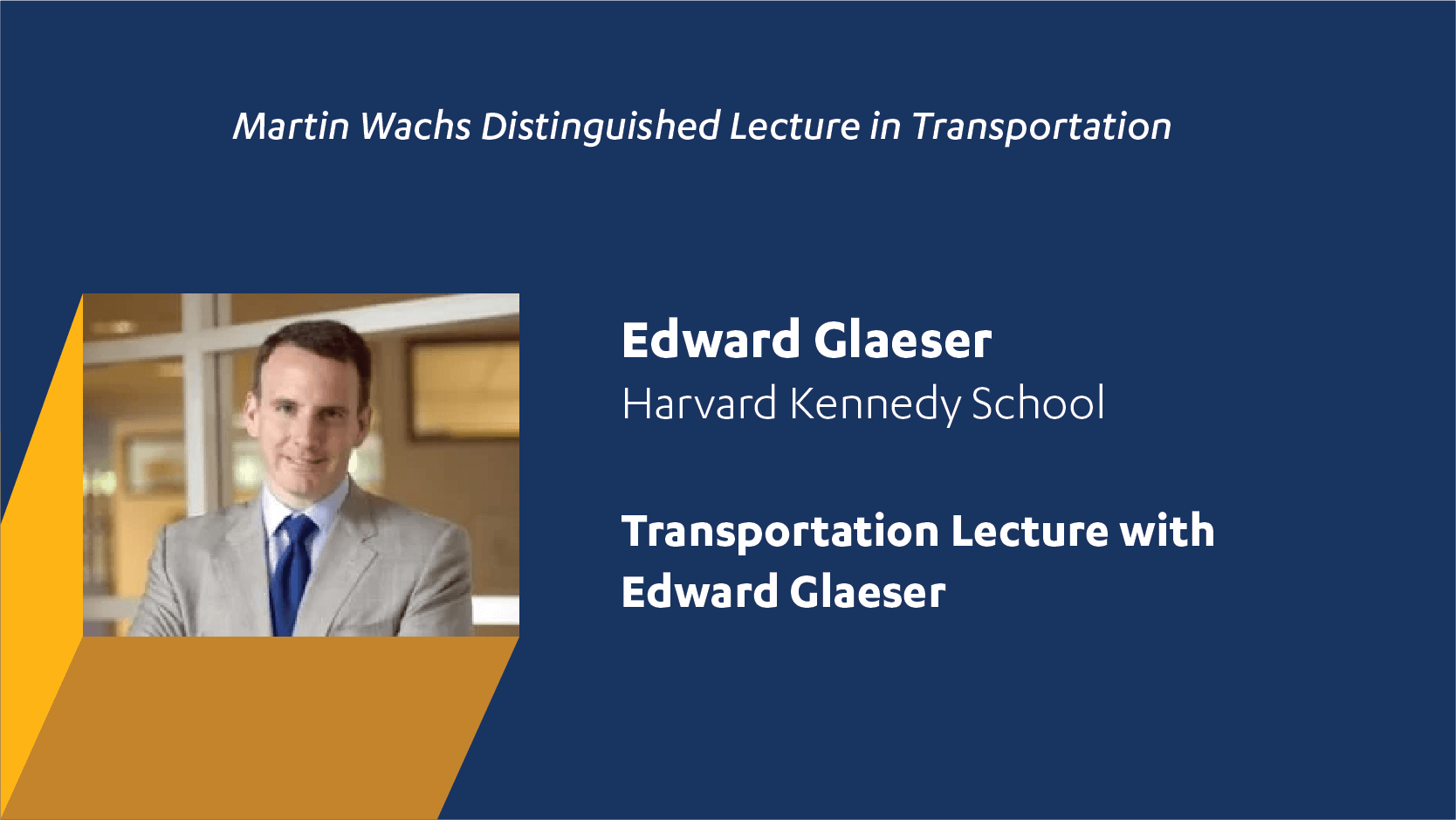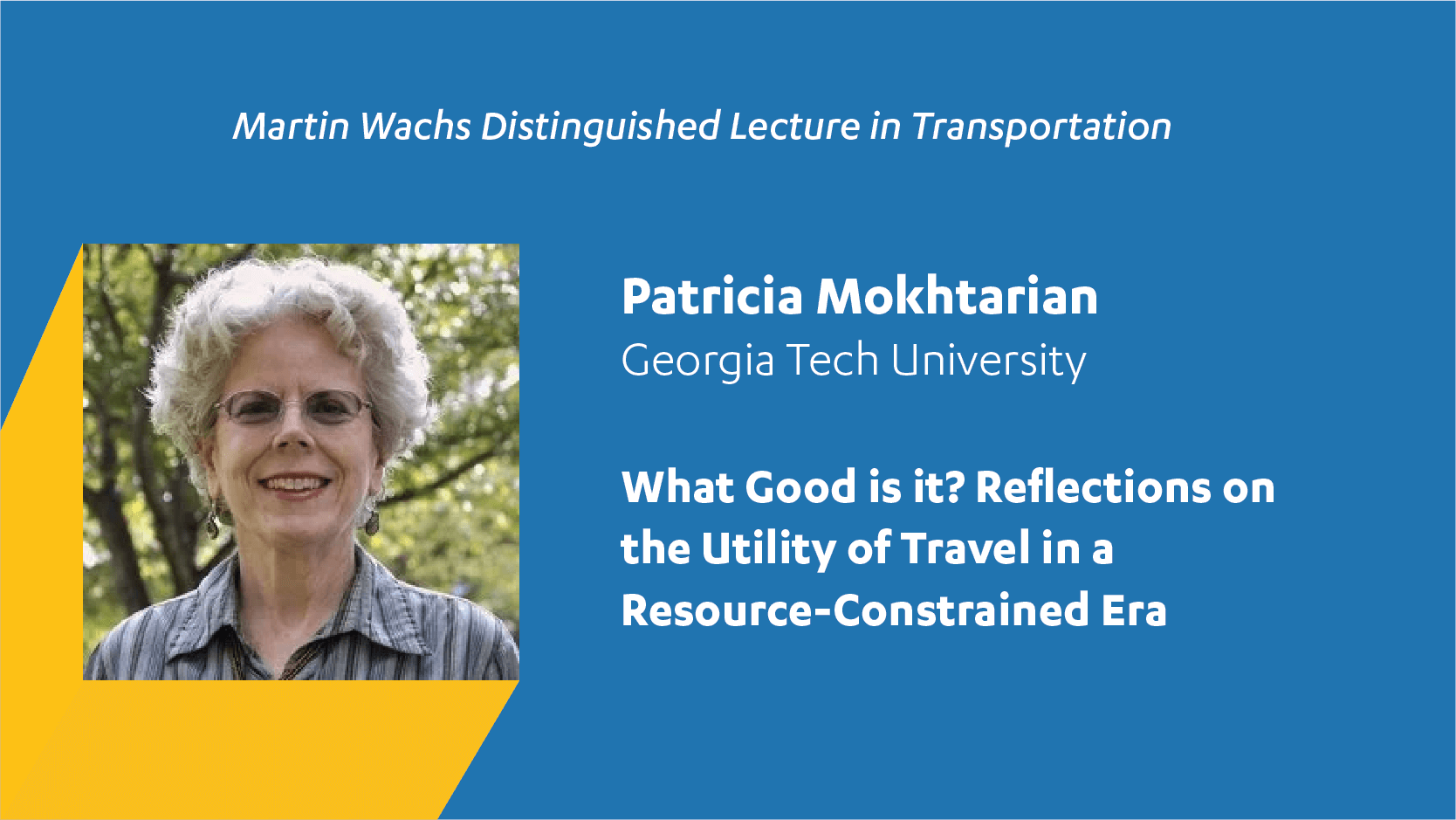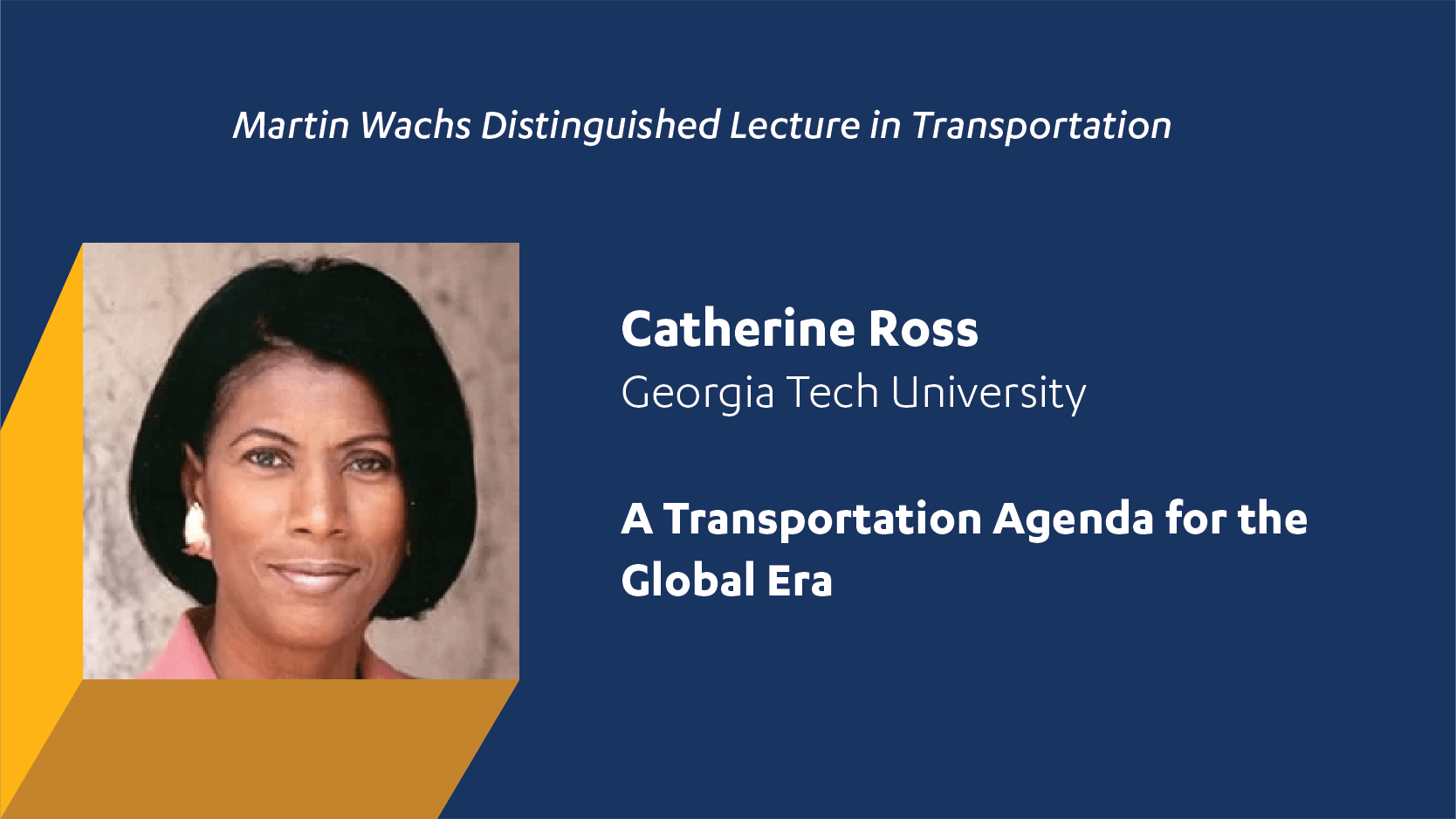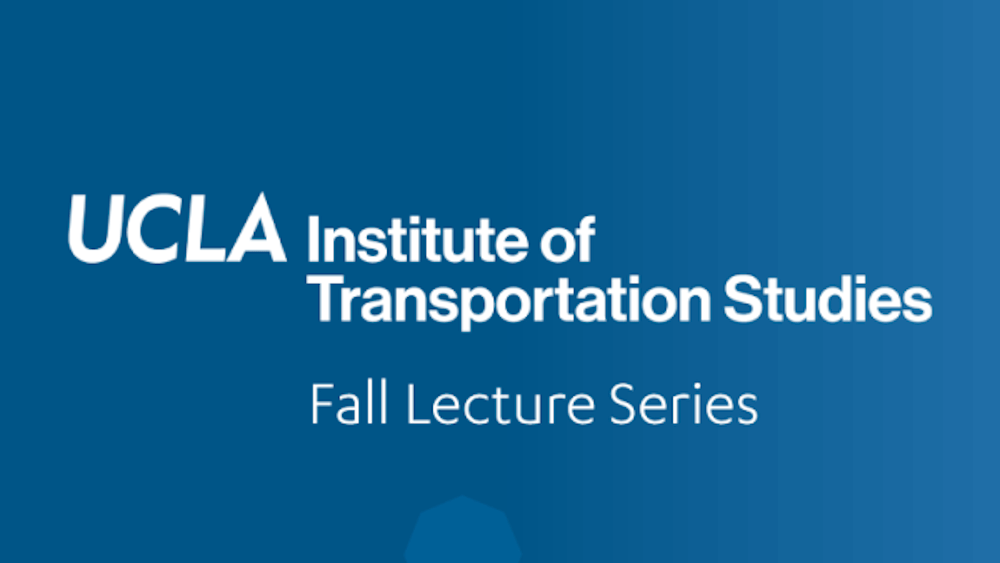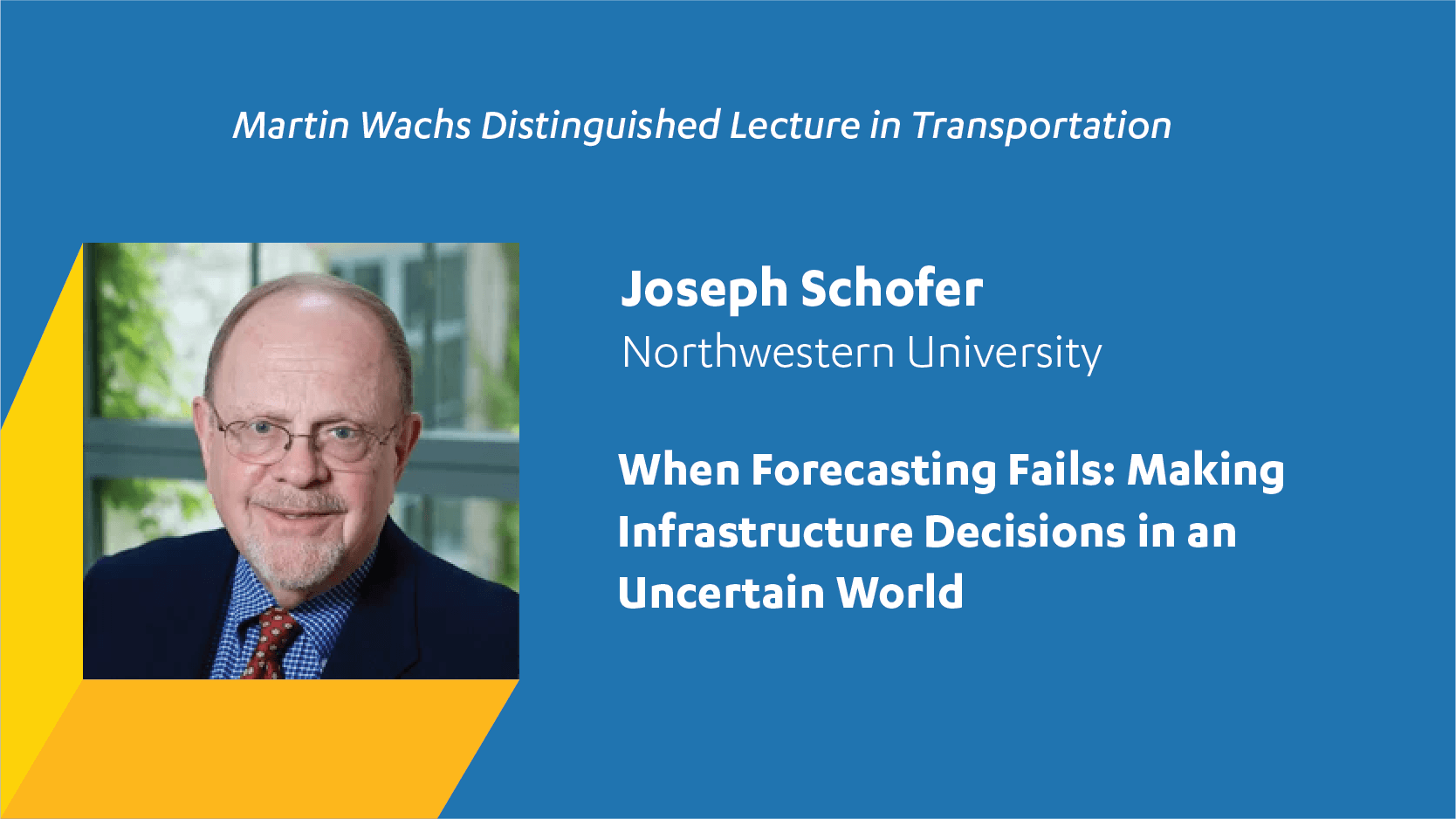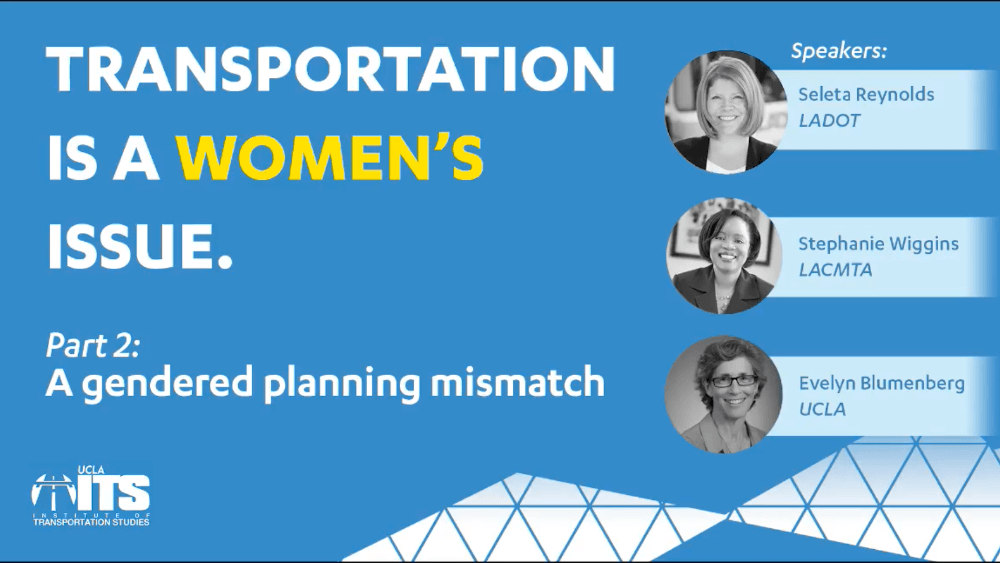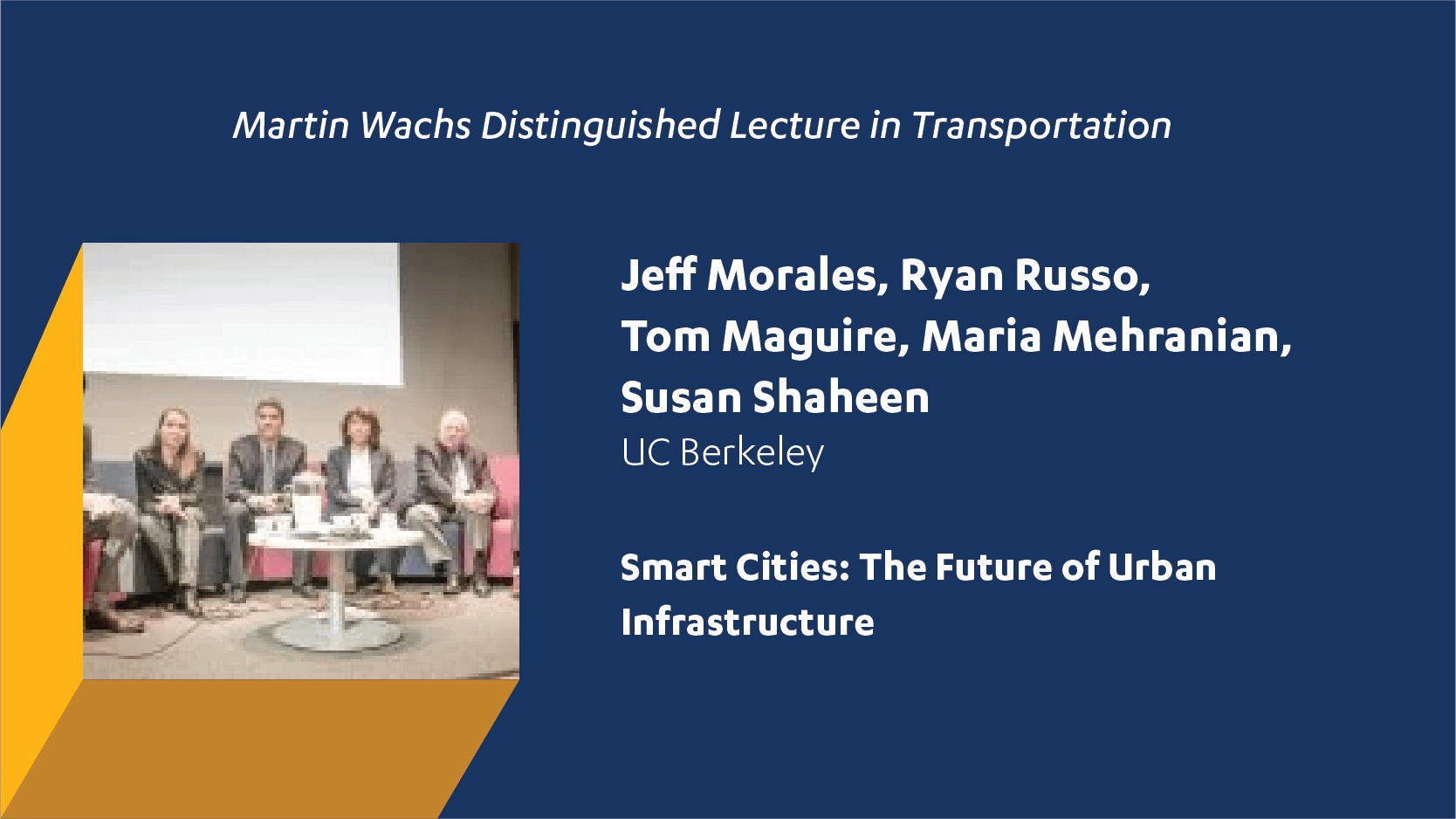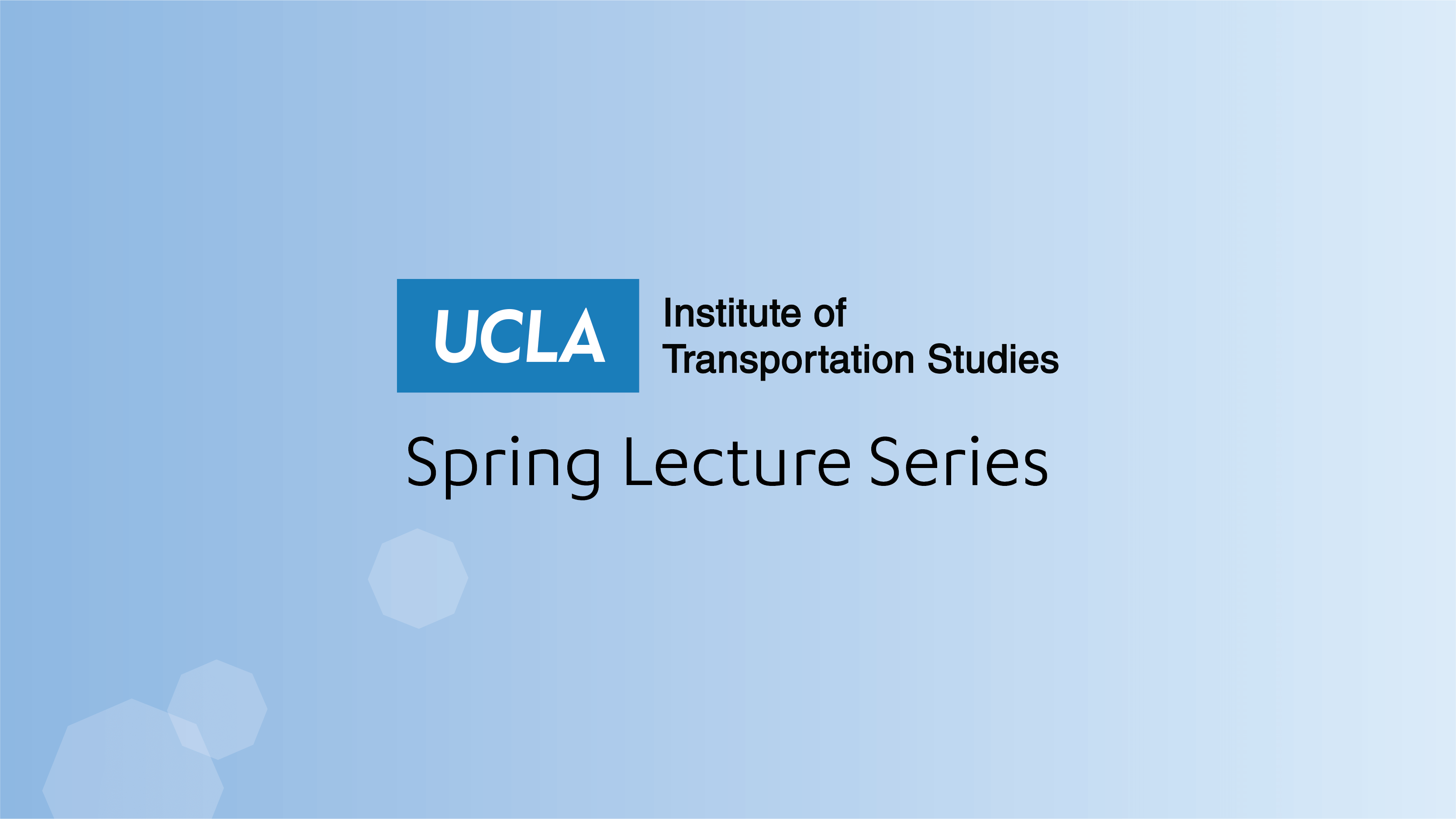Wachs Lecture: Edward Glaeser
The 7th annual Martin Wachs Distinguished Lecture, hosted at Berkeley, featured Edward Glaeser, Professor of Economics at Harvard Kennedy School. He studies the economics of cities, and has written scores of urban issues, including the growth of cities, segregation, crime, and housing markets. He has been particularly interested in the role that geographic proximity can play in creating knowledge and innovation. His work focuses on the determinants of city growth and the role of cities as centers of idea transmission.


